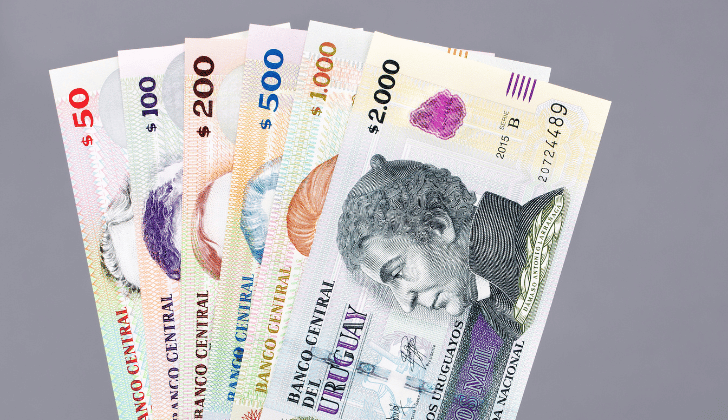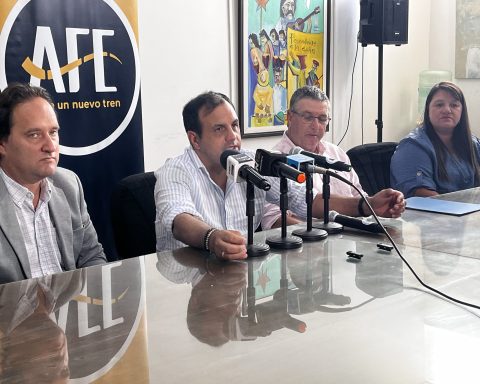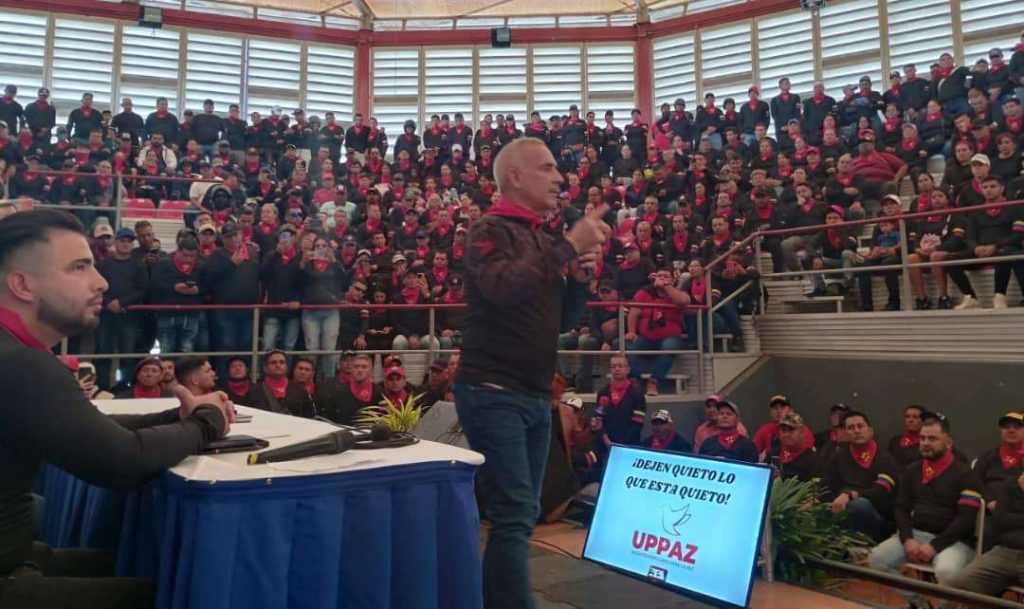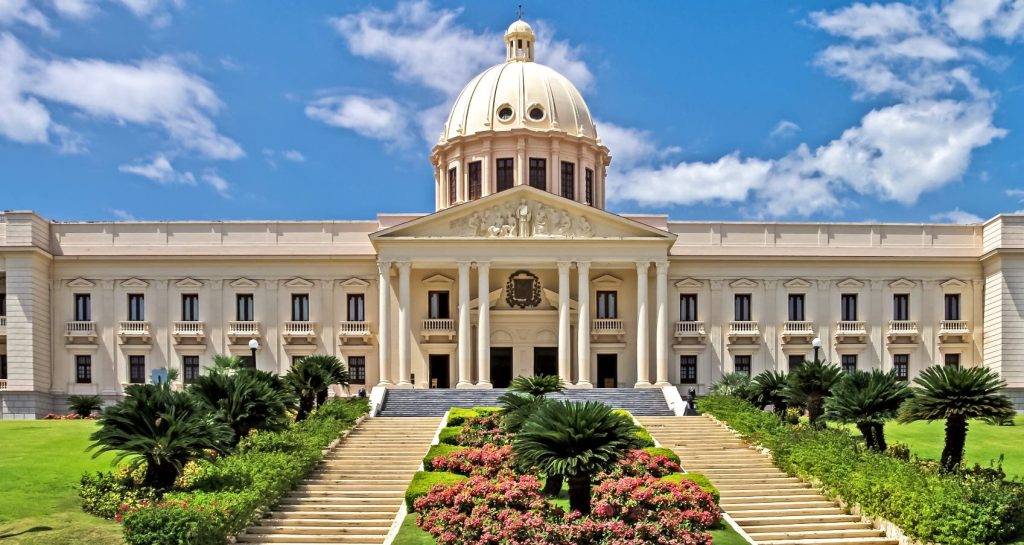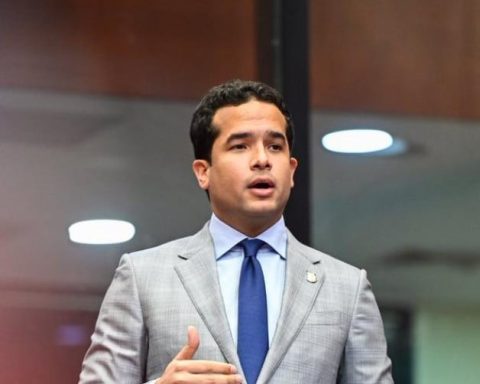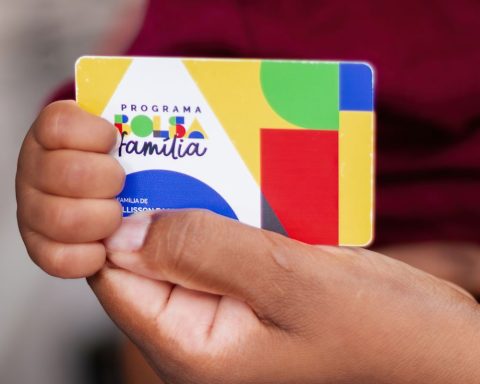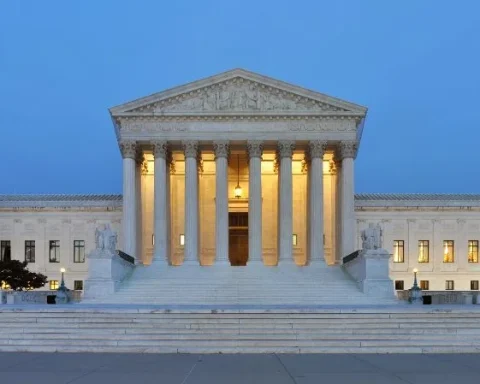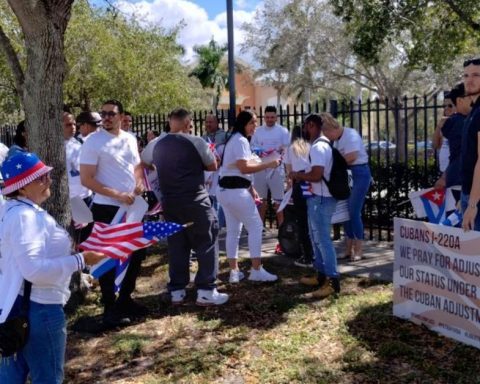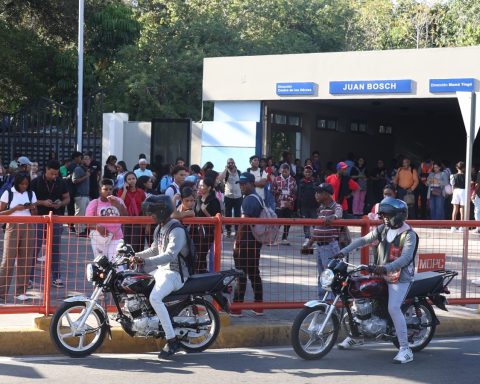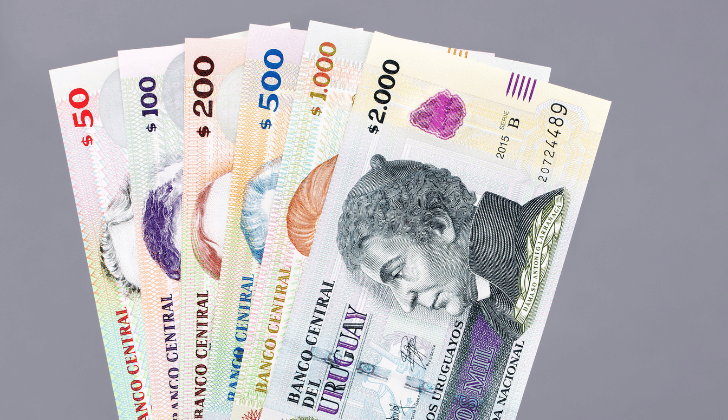
In an effort to ease the financial burden of thousands of Uruguayans, banks and credit servicers have presented an ambitious plan for the refinancing of 1.5 million debts accumulated by more than 786 thousand people. The proposal, which will allow restructuring in monthly payments without interest, also includes the cancellation of 110 thousand debts of less than $5 thousand.
The Voluntary Debt Restructuring Program It has been developed by the Association of Private Banks (ABPU) and the National Association of Credit Management Companies (Aneac), with the support of the Ministry of Economy (MEF) and the Central Bank (BCU). Among the banking institutions that have joined the agreement are BBVA, Republic Bank (BROU)Banque Heritage, HSBC, ITAÚ, Santander and Scotiabank. As for the credit administrators, Cash, Credisol, Creditel, Crédito de la Casa, Crédito Naranja, Crédito Uruguayo, Crédito Valor, Crediton, Fucac Verde, OCA, Pronto, República Microfinanzas and Volvé will participate.
The plan also includes the collaboration of debt collection firms Fabraler, Mercurius and Viemventura.
Details of the proposal
The institutions have designed two restructuring modalities. The first is intended for debtors with a capital balance of less than $5,000 in each financial institution, who will be able to see their debts forgiven without having to complete any additional procedures.
The second plan is aimed at debts with capital up to $100,000, proposing refinancing in up to 36 consecutive monthly installments, without updating capital, interest, fines or surcharges.
The program will start this Thursday and will be available until November 15. Initially, the procedures can be carried out online through the website soluciondeuda.com.uy. Starting August 9, a telephone number and a WhatsApp customer service will also be available to facilitate the process.
Barbara Mainzer, executive secretary of the ABPU, explained that the proposal covers approximately 1.5 million unpaid loans from 786,302 people, classified since April 2022 as unrecoverable debtors (category 5) in the Central Risk Center of the BCU. Of this group, “110 thousand debts less than $5 thousand will be forgiven by banks and financial institutions,” said Mainzer.
Commitment to Financial Education
Mariela Espino, general manager of the BROUemphasized the importance of accompanying this initiative with a financial education campaign, especially focused on young people. “Particular emphasis should be placed on young people, who often do not realize that a late payment or a payment for small amounts can affect their credit history,” said Espino.
The president of the BCU, Diego Labat, stressed the complexity of the process to prepare this proposal, due to the need to respect market rules and agreements between private parties. “A long process was followed to be able to prepare the proposal because the rules of the game already established could not be broken and agreements between private parties had to be respected,” recalled Labat.
For his part, Alejandro Grasso, president of Aneac, stressed that debtors will be able to improve their rating in the Central de Riesgos as they pay off their outstanding loans, thus regaining the possibility of accessing new loans. He estimated that debtors with debts of up to $100,000 will be able to make monthly payments of between $2,000 and $2,500.
